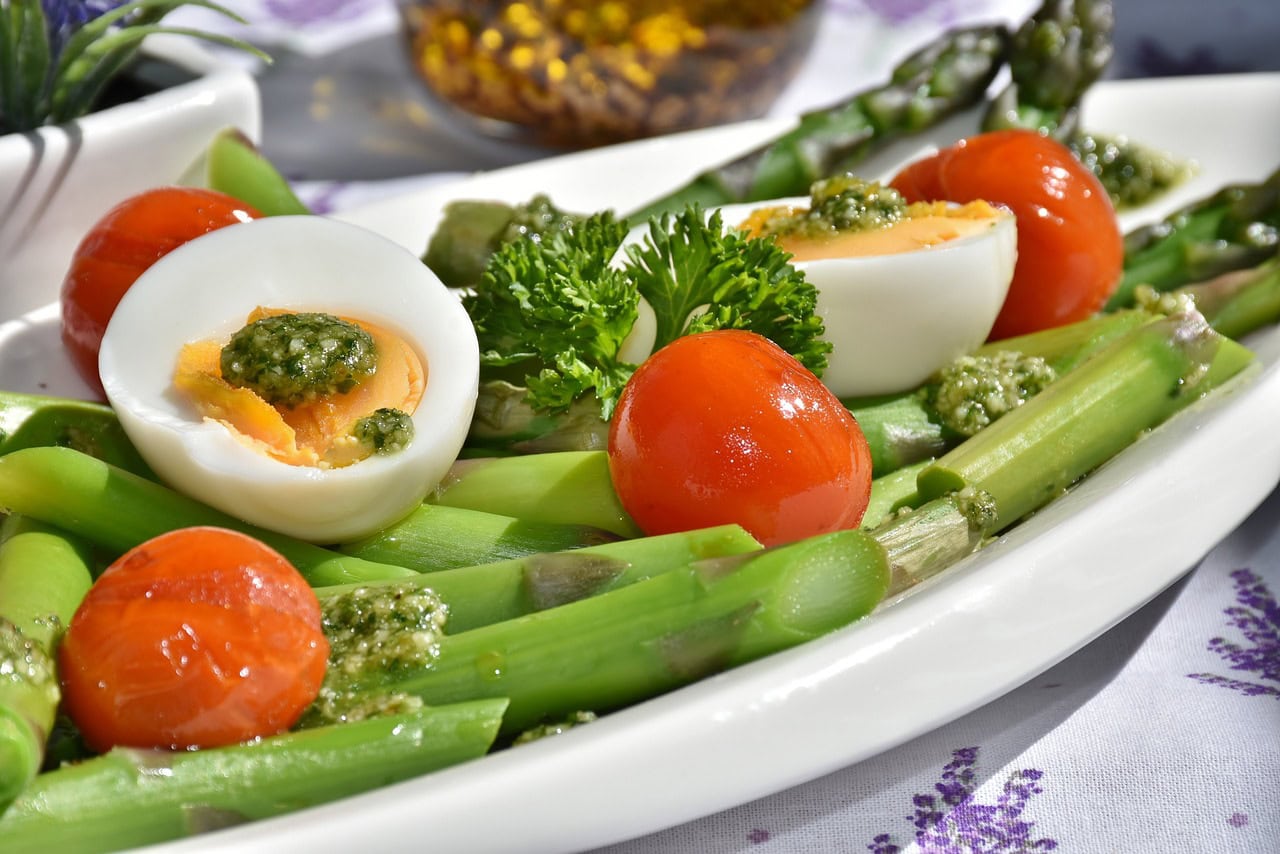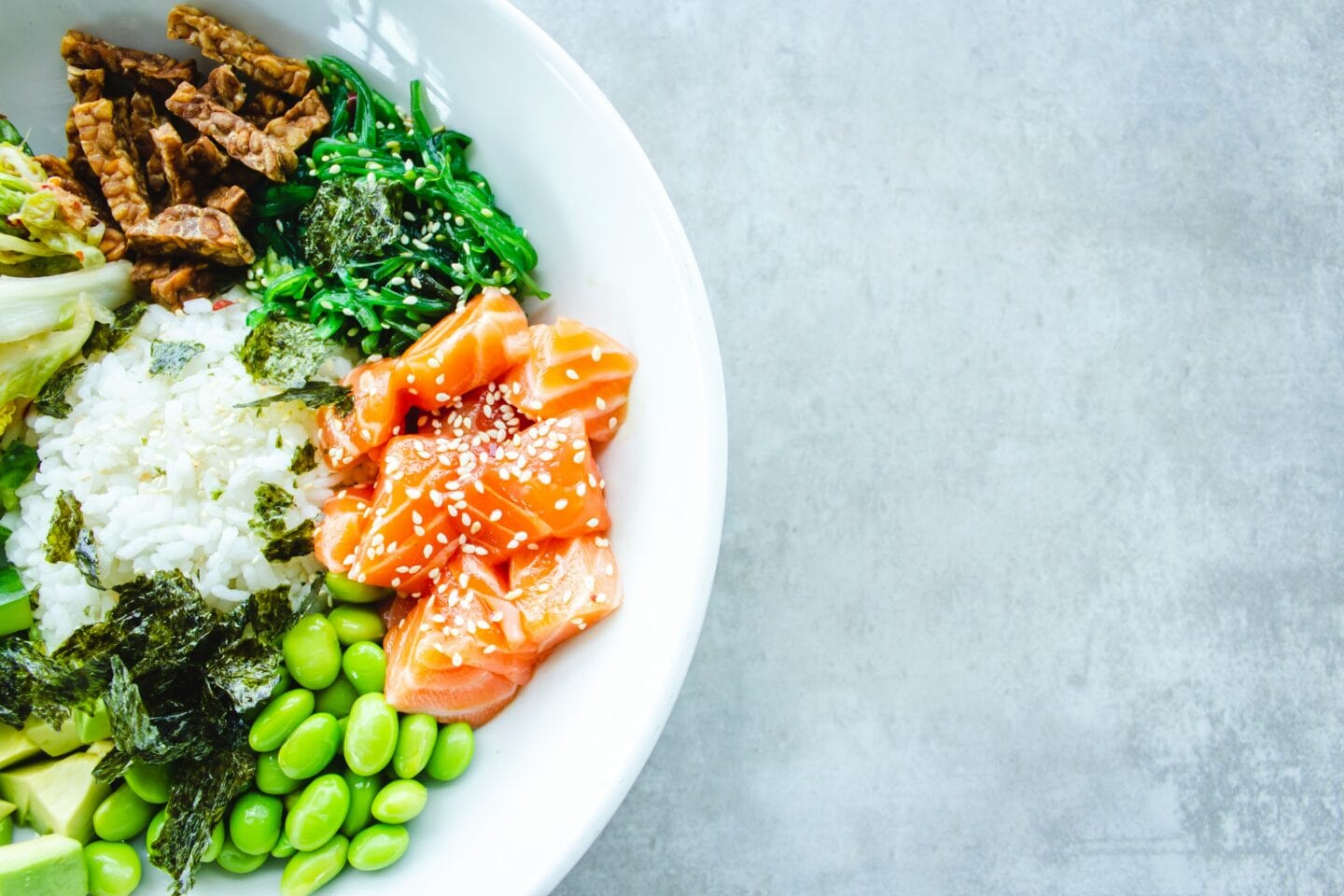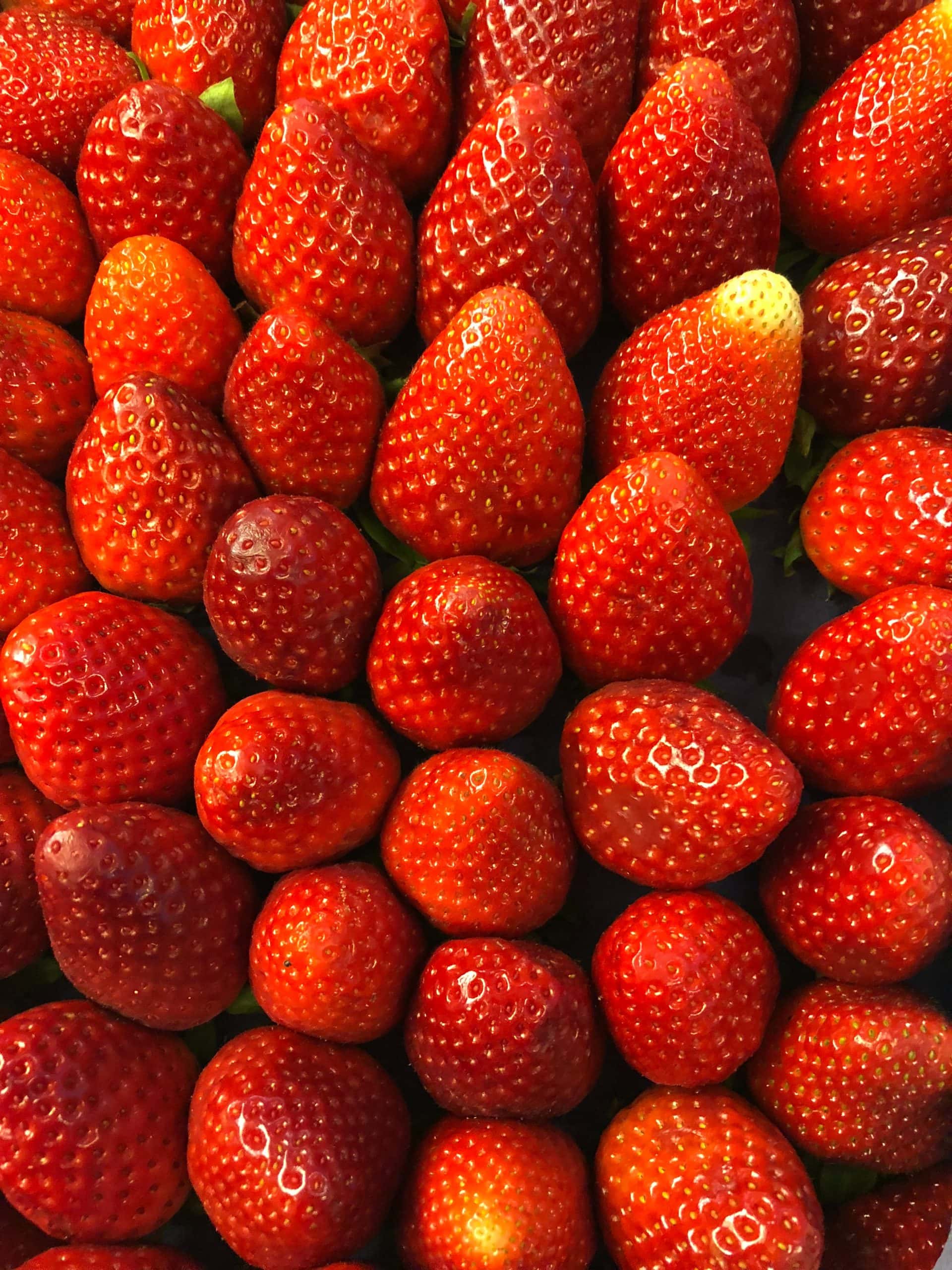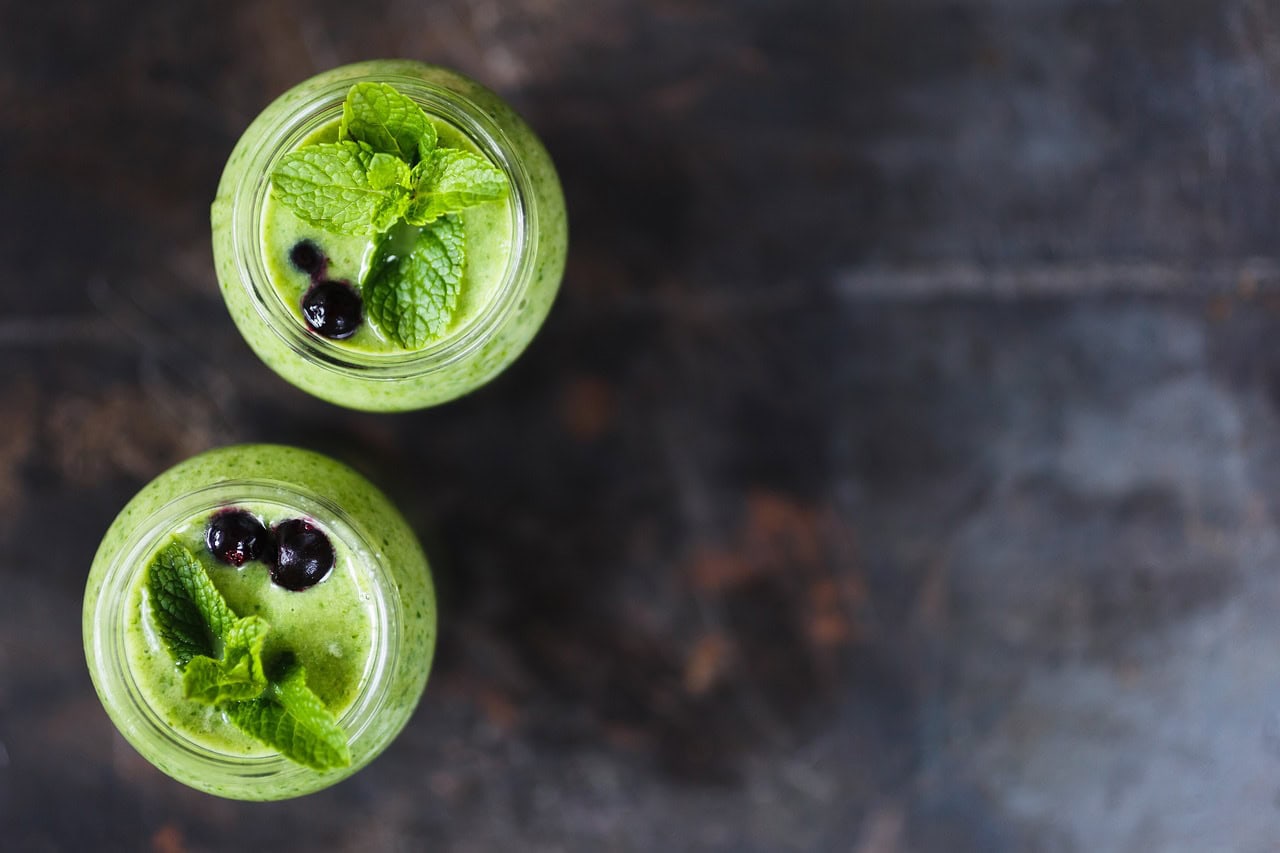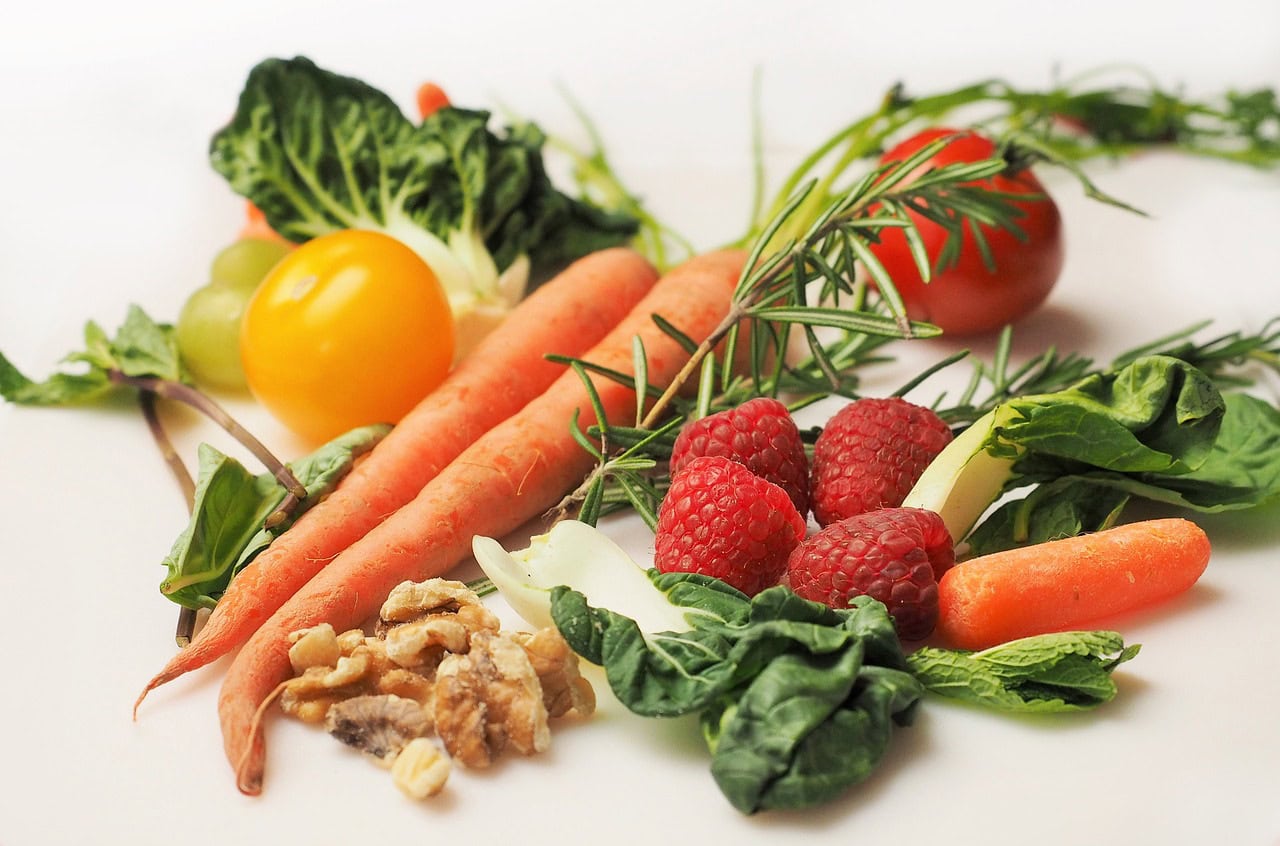
Recently, I have been exploring a few different diets that are being discussed in pop culture. When I went to the petrol station last week, I bought some ‘alkaline water.’ It got me thinking about the benefits of an alkaline diet, and I decided to look into it further. The alkaline diet has gained popularity among health enthusiasts and nutritionists in recent years. Proponents of the alkaline diet believe that consuming foods that are more alkaline can help balance the body’s pH levels, improve overall health, and prevent a range of chronic diseases. In this blog, I am going to explore this further, and I’ve put together an “Alkaline Diet Food List”, which might help if you are thinking of incorporating this into your life!
As always, before undertaking any kind of weight loss or lifestyle change, it is always best to speak to a medical professional who is best suited to give personalised advice on your individual health needs and health issues. This blog post has been researched to the best of my ability, and the information posted is accurate at the time of publication.
What is the Alkaline Diet?
The alkaline diet is based on the concept that the foods we eat can affect the pH levels in our bodies. This concept makes quite a lot of sense in theory, but what are the facts? The pH scale ranges from 0 to 14, with seven being neutral. A pH below seven is considered acidic, while a pH above seven is alkaline. It is argued that by eating foods from the alkaline diet food list, you can help maintain a slightly alkaline pH in your blood and urine, which may promote better health and reduce the risk of health conditions like heart disease and cancer.
If this is true then it makes sense why this diet is gaining traction. We know there is a link between diet and lifestyle and health conditions but does PH have anything to do with it?
Related Post: Prediabetes – FREE Pre Diabetic Diet Food List
How Does the Alkaline Diet Work?
The theory behind the alkaline diet suggests that certain foods can influence the body’s pH balance. Acid-forming foods, such as dairy products and animal proteins, are thought to increase the body’s acidic level, leading to an acidic environment that may contribute to various health problems, including metabolic acidosis. On the other hand, alkaline-rich foods can create an alkaline effect, potentially lowering the body’s acidic level and promoting a healthier pH balance.
While the body tightly regulates blood pH levels to remain slightly alkaline (around 7.35-7.45), it’s believed that consuming more alkaline foods and fewer acidic foods can enhance overall health. W|hen reasearching this I found that this diet is also known as the alkaline ash diet or alkaline acid diet because it focuses on foods that leave an alkaline “ash” or residue after metabolism.
Related Post: GLP-1 Medications For Weight Loss
The Alkaline Diet Food List
To follow an alkaline diet plan, you need to focus on consuming more foods that are on the alkaline side of the spectrum as opposed to acidic. Here’s an Alkaline Diet Food List to get you started:
Leafy Green Vegetables
Spinach: This deep green food is rich in chlorophyll and packed with important nutrients like vitamin K.
Kale: Another green powerhouse, kale is full of vitamins and minerals that support an alkaline environment and overall health.
Swiss Chard: Add it to salads and smoothies; it’s great for contributing to a balanced diet.
Cruciferous Vegetables
Broccoli: This vegetable is not only alkaline but also high in fibre, antioxidants, and vitamin C, which support a healthy immune system.
Cauliflower: A versatile veggie that can be used in many recipes to maintain an alkaline diet and potentially lower cancer risk.
Cabbage: All varieties of cabbage are beneficial for alkalising the body whilst also being a great sources of vitamin C and K.
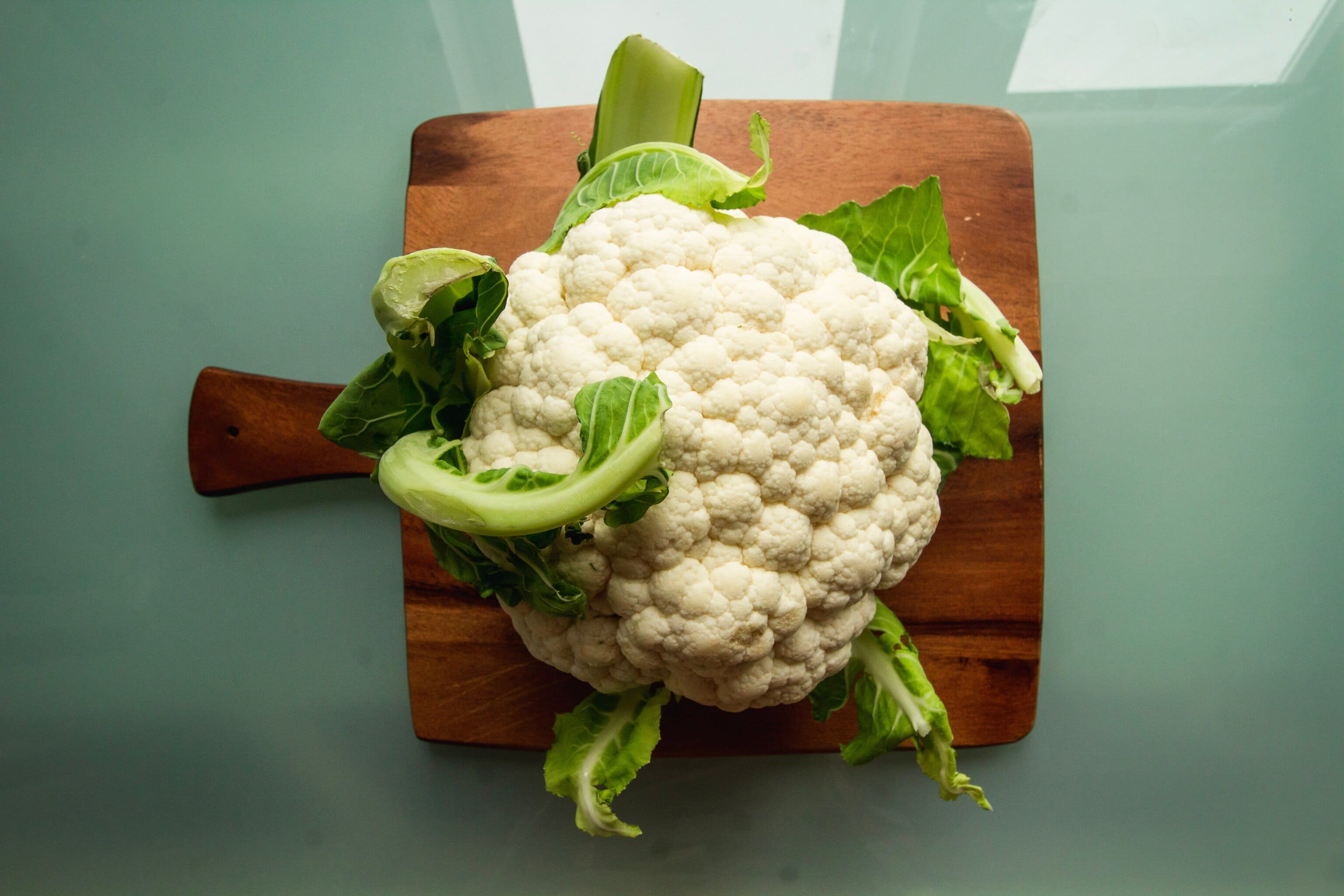
Root Vegetables
Carrots: A versatile vegetable that is liked by most another great way to get in extra vitamins.
Beets: Great for their high alkaline load but also good for detoxification and supporting heart health.
Radishes: These spicy roots are not only alkalising but also great for digestion and low in calories, aiding in weight loss.
Related Post: How Much Fruit and Veg Should I Be Eating?
Fresh Fruits
Lemons: Surprisingly, lemons are alkaline-forming in the body despite their citric acid content! They are also rich in vitamin C.
Avocados: Creamy, delicious and rich in healthy fats.
Berries: Blueberries, raspberries, and strawberries are all low in sugar!
Nuts and Seeds
Almonds: A great source of dietary protein, healthy fats, and essential nutrients.
Flaxseeds: Packed with omega-3 fatty acids, flaxseeds may also help maintain and support cardiovascular health.
Pumpkin Seeds: These seeds are nutrient-dense and tasty as a salad topper!
Legumes
Lentils: A plant-based protein that is easy to digest and supports overall health.
Chickpeas: Versatile and nutrient-rich, they are great for soups, salads, and more.
Peas: Green peas are mildly alkaline and offer a good balance of vitamins and minerals, contributing towards immune function.
Whole Grains
Quinoa: Unlike most grains, quinoa is alkaline-forming and provides a complete protein source, making it ideal for a balanced diet.
Millet: This ancient grain is alkaline and high in fibre!
Healthy Oils
Olive Oil: A staple in the Mediterranean diet and promotes a healthy pH balance while being rich in monounsaturated fats.
Coconut Oil: I use coconut oil in almost everything so it’s good to know it has great benefits from a health point of view too.
Avocado Oil: Rich in monounsaturated fats, avocado oil is beneficial for maintaining healthy body pH levels.
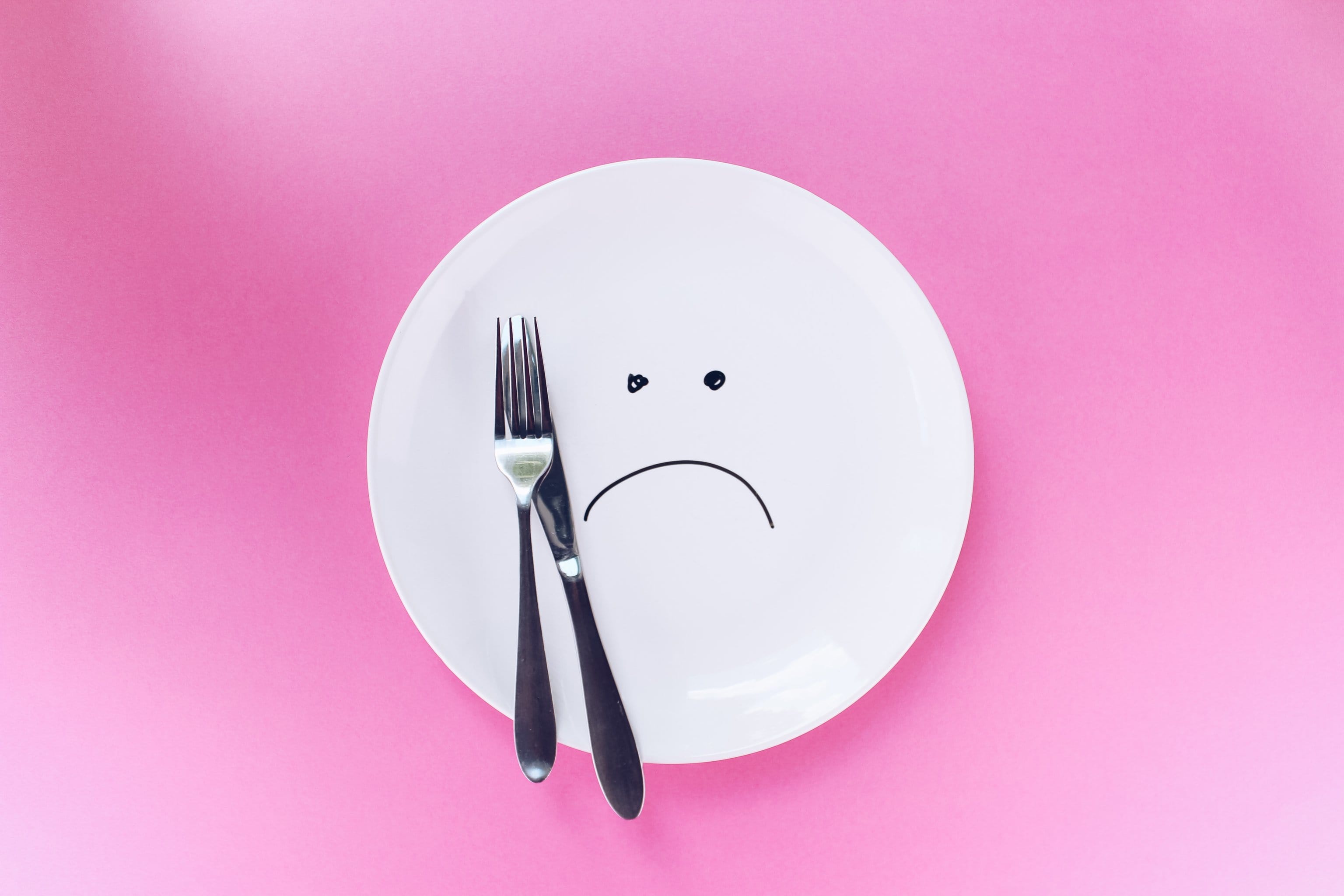
Some Tips for Following the Alkaline Diet
- Start Your Day with Lemon Water: Begin your morning with a glass of warm water and freshly squeezed lemon juice. Now this surprised me because I was certain lemons being citrus fruits would be highly acidic. However, despite their citric acid content, lemon is actually alkalising once metabolised which in turn helps balance body pH levels!
- Eat More Green Leafy Vegetables: Where you can incorporate leafy greens into every meal. It’s easy to add spinach to your morning smoothie or throw some fresh kale into your salad at lunch.
- Balance Your Meals: While it’s essential to focus on alkaline foods, maintaining a balanced diet with a variety of nutrients is the main focus. You want to combine alkaline foods with other healthy food groups, including fresh foods, to ensure you’re getting a full spectrum of vitamins and minerals as a priority.
- Reduce Acid-Forming Foods: Where possible look to limit the intake of acid-forming foods such as highly processed meats, dairy products, and refined sugars. If you can, opt for whole, unprocessed foods that not only support an alkaline diet but may lower the risk of chronic diseases, too.
- Stay Hydrated: Drink plenty of water throughout the day. Staying hydrated helps your body maintain its pH balance naturally and supports detoxification.
Related Post: The Best Fruits & Vegetables For Weight Loss
Scientific Evidence and Health Benefits
While the concept of an alkaline diet has gained attention of late, it’s important to note that there is limited scientific evidence supporting the idea that alkaline foods at the moment. Whether they can significantly change blood pH or cure diseases like cancer is still up for debate and shouldn’t be a miracle solution relied upon. Health experts, including registered dietitians, emphasise that the body has robust mechanisms to maintain its pH balance without interference.
However, the health benefits of consuming more plant-based foods, fresh fruits, and vegetables are well-documented. These food items are rich in vitamins, minerals, and antioxidants, which can improve overall health, reduce the risk of cancer, and support a healthy immune system. Additionally, many alkaline foods are low in calories and high in fibre, aiding in weight loss and helping reduce high blood pressure.
Conclusion
Incorporating more foods from the Alkaline Diet Food List into your daily routine can be a simple and effective way to improve your overall health. Whether you’re looking to boost your energy, enhance your immune system, or just feel better, focusing on alkalising foods can be a great step toward achieving your health goals. Remember, balance is key, so make sure to enjoy a variety of foods that nourish your body and support your well-being.
By integrating these alkaline foods into your meals, you can start to experience the benefits of a more balanced diet. Have you tried an alkaline diet? I’d love to hear about your experience in the comments below.
Always consult with a healthcare professional for personalised medical advice and to understand how dietary changes may impact your specific health conditions.
If you are on a weight loss journey and want further support and company,then join my free Facebook Group here. Oh, and if you have found this website and articles useful and you’d like to know how you can say thank you, then I am always appreciative of receiving a virtual coffee here.
Thank you for stopping by! Check out my last post here.
Love as always!
 More From Me
More From Me
Want to find out more about me? Head over to this page. If you like reading posts like this, then you might want to follow me over on Bloglovin. Don’t forget you can find me on Instagram, Facebook, Twitter & YouTube. As always, my words, views and opinions are honest and my own. Links marked with “*” are affiliate links. This does not cost you anything additional, but it may mean I earn a small percentage from any sales. For more information about any of these, please head over to this page.

